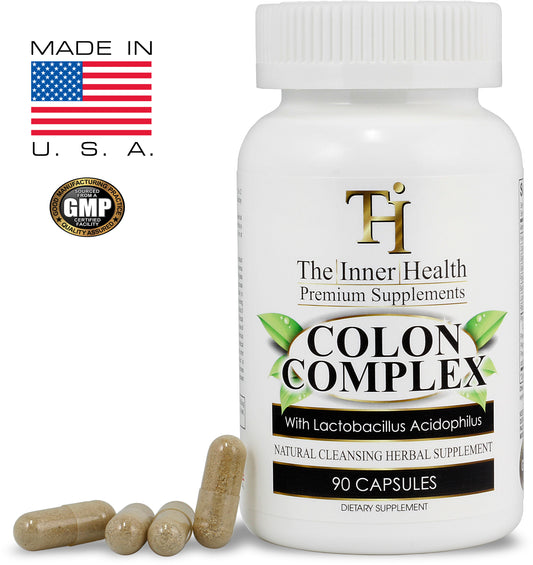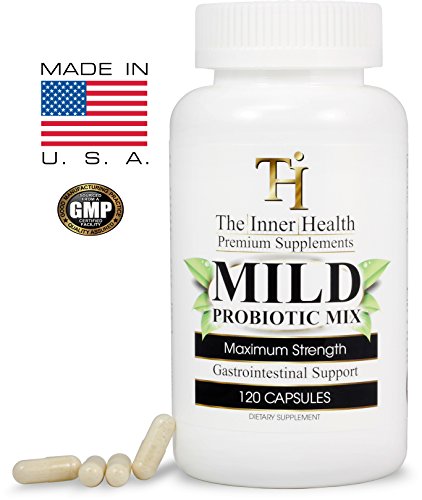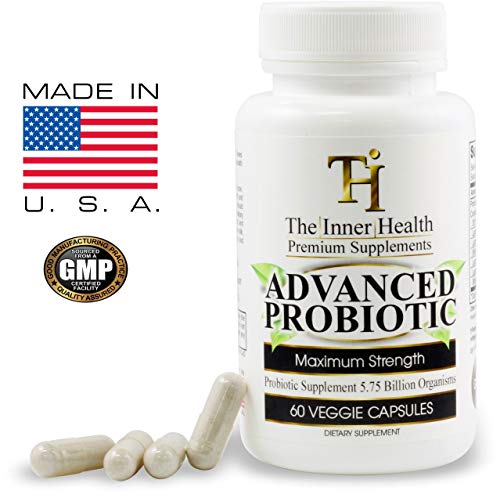While our mother's always told us to eat our vegetables, we never necessarily understood why it was important. Our Top Eleven Basic Nutrition Facts will help define some of the important details relating to nutrition and health.
- Nutrition is a broadly used term that refers to the calories, proteins, carbohydrates, fats, vitamins, minerals, trace elements and water that make up the food we eat.
- Good health requires that we take the right amount of each of these.
- Include your health care professional when you are considering new approaches to your diet, new weight loss plans, or new exercise programs.
- Calorie requirements vary for each individual and are determined by size, age, activity and other health factors. General calorie requirements can be estimated at the myPlate web site of the US Department of Agriculture (USDA).
- Once basic calorie requirements are determined, we need to consider how much of the 3 classic food types we should be eating to get the calories we need: carbohydrates, fats, and proteins. Since many foods have combinations of carbohydrates, fats and proteins, the myPlate system has simplified the process by suggesting how much of certain items we should be consuming on a daily basis (grains, vegetables, fruits, milk, meats and beans).
- Controlling cholesterol decreases the risk of cardiovascular disease and, while research is still evolving, may also decrease the risk of some cancers.
- Vitamins are defined as organic (containing the element carbon) nutrients that you must get from food because your body can't make them (or can't make their precursors). In all, 13 compounds are classified as vitamins.
- Fat-soluble vitamins, which may accumulate in the body, include:
- Vitamin A (retinol, retinaldehyde, retinoic acid),
- Vitamin D (calciferol),
- Vitamin E (tocopherol, tocotrienol)
- Vitamin K (phylloquinone).
- Water soluble vitamins include:
- Vitamin C (ascorbic acid)
- and the eight B Vitamins:
- Vitamin B1 (thiamin)
- Vitamin B2 (riboflavin)
- Vitamin B6 (pyridoxine, pyridoxal, pyridoxamine)
- Vitamin B12 (cobalamin)
- biotin
- folate
- niacin
- pantothenic acid
- Minerals are elements and cannot be made by living things. Plants incorporate minerals from the soil; most of the minerals in our diet come from plants. Some minerals are found in the water we drink, but types and amounts vary by geography.
- Trace elements are the elements that are required in very small amounts.
- Vitamins, minerals and trace elements are required nutrients that facilitate the various chemical reactions and processes that are essential to maintain health.
- Moreover, an important aspect of health is gut microbiota, which can be enhanced through the utilization of probiotics and prebiotics. Probiotics are live bacteria and yeasts beneficial for the digestive system, while prebiotics are non-digestible carbohydrates that act as food for probiotics. Incorporating these into your diet can significantly contribute to better gut health and, consequently, overall well-being.





